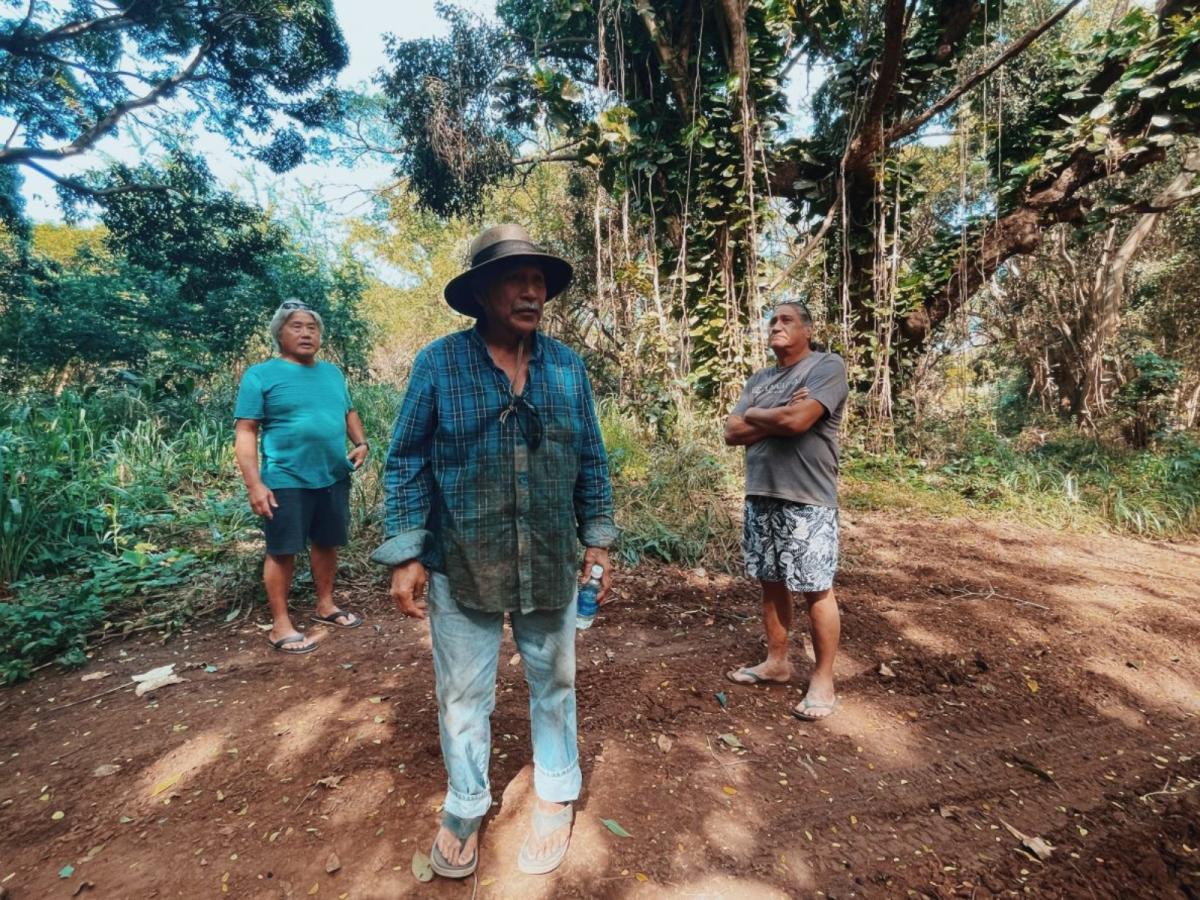This story was originally published by Honolulu Civil Beat and is republished with permission.
Wesley Yadao, 71, farms five acres of taro in a region of Kauai where generations of families have tended the starchy root vegetable in wet paddies fed by the Waimea River.
His tough-knuckled hands betray the necessity of a strong work ethic, an indelible link to his great-grandparents who planted the first seeds of the family’s taro-farming legacy.
“There’s a lot of memories in this valley,” said Yadao, who produces 900 pounds of taro a week with his wife and occasional help from charter school children.
Demand for the staple crop of the traditional Native Hawaiian diet is growing, farmers say, and about a dozen farms in Waimea struggle to keep up — optimistic circumstances for any food producer.
Yet today’s generation of taro farmers in arid West Kauai worry about the future of a cherished way of life. ... Read more
